The majority of attendees to the session were female, already highlighting the need for gender equality in land rights across the globe starting with both genders taking an interest in the subject.
First to speak was Nafisa Barot from grassroots organisation, the Working Group for Women’s Land Ownership, and opened with a video about a lady in India who was helped by WGWLO. After losing her husband, the lady had problems getting land ownership, particularly because she had no money to bribe authorities. Paralegal workers trained by WGWLO helped her to claim her land with full rights to it, allowing her to support her children. WGWLO has helped more than 7600 women to claim land ownership; 13,000 have got recognition as farmers; and more than 7000 women have achieved the ability to access their land. Nafisa hoped that this work will continue without struggle, and that barriers will be eliminated and opportunities will grow for women’s land rights.
Shilpa Vasavada, also from WGWLO, talked about their multidimensional approach which:
- Campaigns for women’s identity as farmers and awareness of their rights
- Engages and sensitises men, as male involvement has been poor
- Provides tools for drudgery reduction
She spoke of the role of the community based paralegal workers that WGWLO trains and supports. One worker secured 160 women of inheritance rights to land from 10 villages which included 126 widows, 9 daughters and 26 family inheritance (partition) in a year. She highlighted that it is ‘urgent and necessary’ to bring our forces together to see more results that that of the WGWLO.
Next to speak was Fridah Githuku, Executive Director of GROOTS, Kenya. Fridah told how the call for land reform in Kenya has been ongoing for over a decade, yet women’s land rights are not a priority on the government agenda. As a grassroots organisation, Fridah declared a responsibility of the community to support women’s rights as well as the state.
With GROOTS, women go out into the field to collect data. Fridah identified how this changes the community perception of women and land: “It is not just about women owning land, it is about women owning the land to use it.” She emphasised the importance of giving women the tools, capital, market and skills to use the land they own.
Patricia Chaves from Espaco Feminista, Brazil, described women’s land rights as ‘invisible to many’. Highlighting the representation of women in the context of land, she stated that women represent 12% of all land ownership, and 5.5% of agricultural land. She stated that the issue is not the lack of policies and law, but it is that when policies are being implemented, they are implemented with gender bias.
“Once women are empowered, everybody gains.” – Patricia Chaves.
Laws need to be implemented with a gender perspective. Patricia stated that because data is not categorised by gender, the gender issue is invisible thus gender data analysis is required. Thus there is a need to combine knowledge building with sharing data.
Last to speak was Kafui Kuwonu, from WILDAF, who spoke about their Kilamanjaro Initiative (KI). NGOs in Africa and ILC members climbed Mount Kilamanjaro together to tell the world they want to be heard for land rights. Outside of this project, WILDAF design tools for organisations to use in communities to promote women’s land rights by increasing their participation and influence from the community level to the international level. They shared one key tool with members, Picture Boss, which uses illustrations to initiate conversations about women’s land rights. Kafui highlighted that you can not expect to make a change from a short training day, these tools need to be used continuously.
